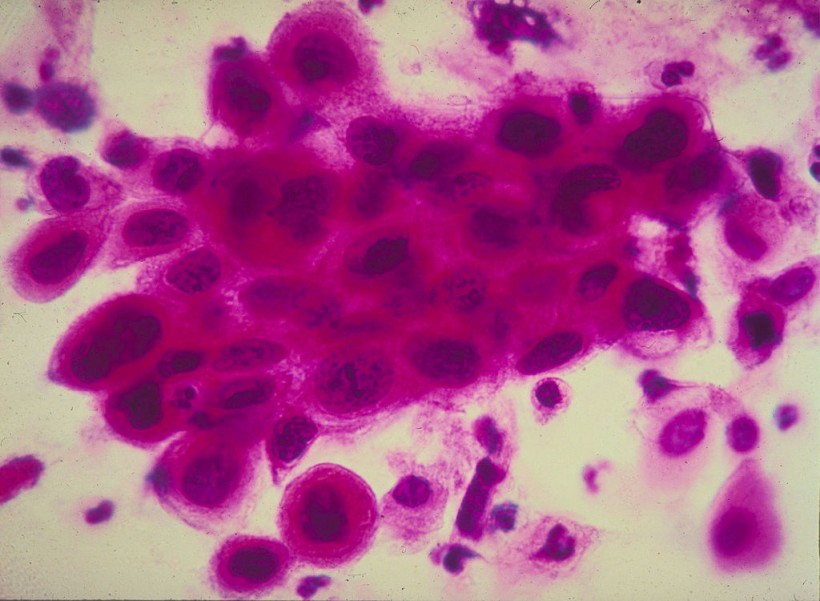Researchers at the UC Davis Comprehensive Cancer Center have identified a potential 'kill switch' that could revolutionize cancer treatment, Daily Mail reports.
This newfound discovery involves a crucial section on the CD95 receptor, also known as Fas, which, when targeted, triggers programmed cell death or apoptosis.
The findings, published in the journal Cell Death & Differentiation, hold the promise of more effective cancer treatments and the potential to extend the benefits of chimeric antigen receptor (CAR) T-cell therapy to solid tumors.
A Breakthrough in Cancer Treatment
Cancer is a relentless adversary, often requiring surgery, chemotherapy, and radiotherapy as primary treatment options. While these therapies can be initially effective, they frequently fail against therapy-resistant cancers that tend to return.
Immunotherapies, including CAR T-cell-based immune therapies and immune checkpoint receptor molecule activating antibodies, have offered hope by breaking the cycle, but they have primarily proven effective in a limited number of patients, particularly those with blood cancers.
The immune system's T cells play a critical role in recognizing and eliminating cancer cells. CAR T-cell therapies involve reprogramming a patient's T cells to target and attack cancer cells specifically.
This approach has shown impressive success in treating blood cancers, such as leukemia, but has struggled to make a significant impact on solid tumors due to their ability to create microenvironments that keep immune cells at bay.

Interesting Findings
Dr. Jogender Tushir-Singh, a senior author of the study and an associate professor in the Department of Medical Microbiology and Immunology, stated, "These are often called cold tumors because immune cells simply cannot penetrate the microenvironments to provide a therapeutic effect.
"It doesn't matter how well we engineer the immune receptor activating antibodies and T cells if they cannot get close to the tumor cells. Hence, we need to create spaces so T cells can infiltrate," Tushir-Singh explains.
The discovery of the CD95 receptor epitope, which can activate programmed cell death in cancer cells, offers a potential solution to this problem.
By developing drugs that enhance the activity of these death receptors, researchers may have a powerful tool to simultaneously eliminate tumor cells and improve the effectiveness of immunotherapies and CAR T-cell therapy.
One significant hurdle in the past has been the difficulty of targeting these death receptors effectively. Although some progress has been made in targeting Death Receptor-5, no agonists for Fas have advanced to clinical trials.
The identification of this specific epitope may change that, opening the door for potential therapies that selectively bind to and activate Fas to destroy tumor cells.
In Other News
Researchers at the University of Notre Dame are using artificial intelligence (AI) to monitor chemotherapy complications in a bid to enhance pediatric cancer treatment.
This initiative addresses a critical gap in post-treatment care for children battling cancer in Mexico, where it stands as the second leading cause of death among this demographic.
Stay posted here at Tech Times.
Related Article: Red Meat Consumption Linked to Higher Type 2 Diabetes Risk: Study










